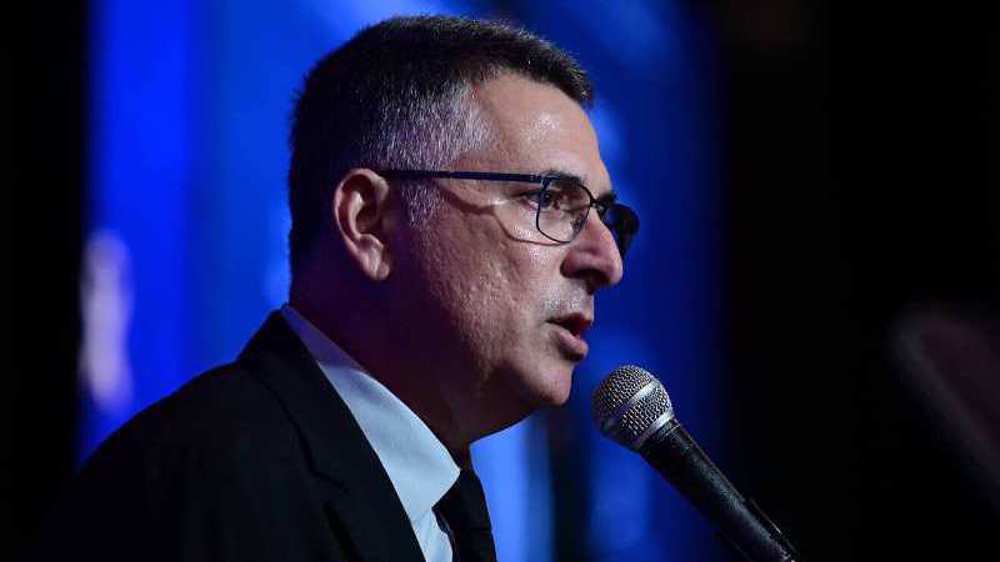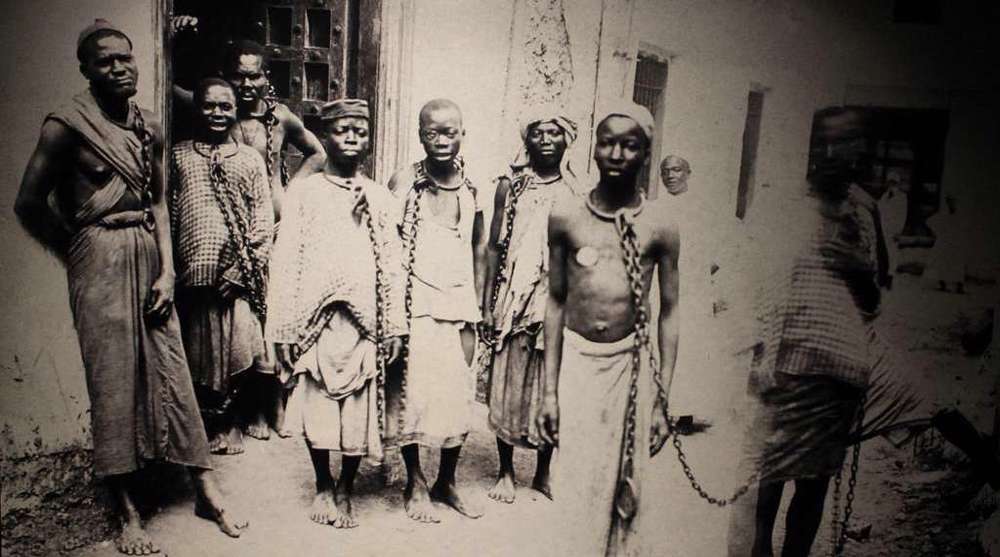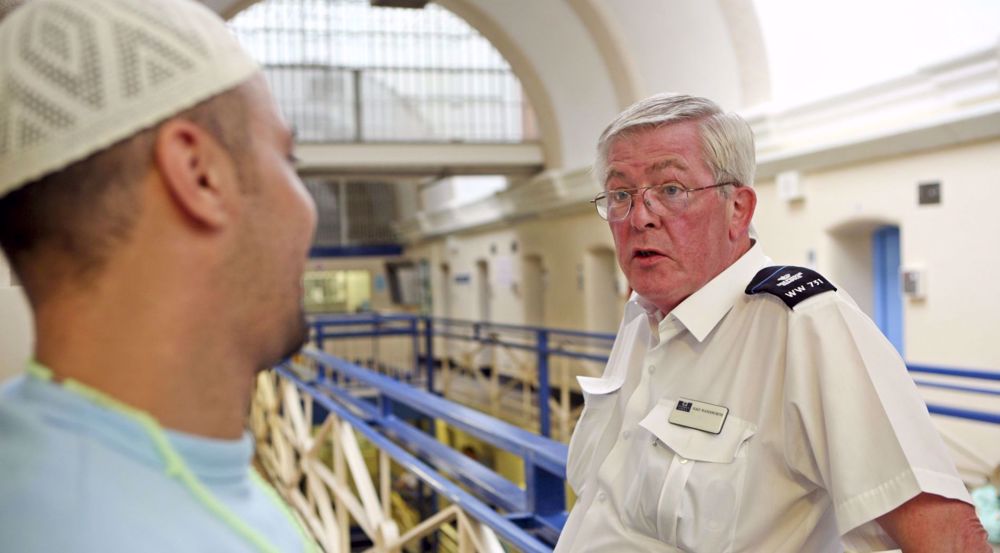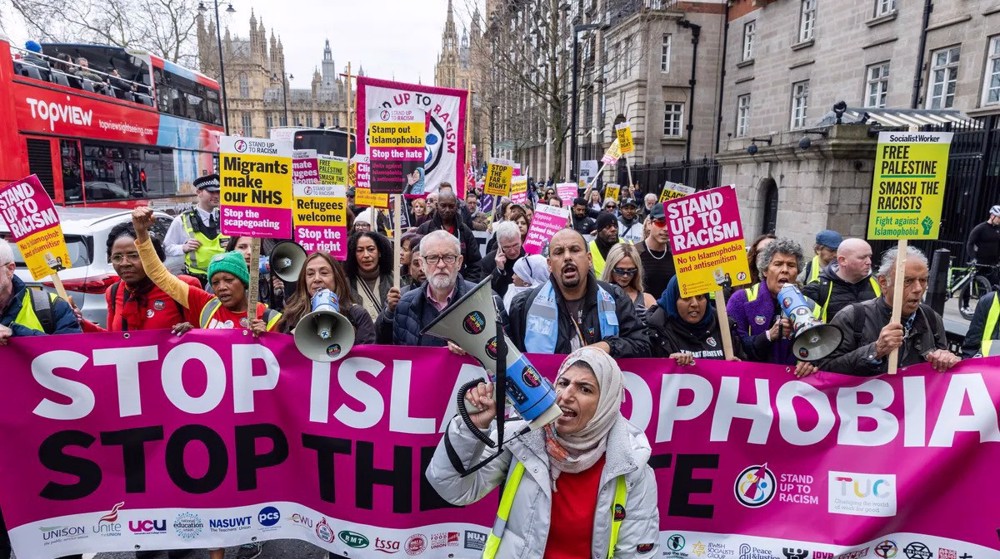Muslim prisoners ‘singled out’ for violent treatment in England: Charity
A social justice charity has uncovered evidence that Muslim prisoners in England are disproportionately subjected to excessive force, including the use of batons and painful restraint techniques, in a majority of prisons with significant Muslim populations.
The charity, Maslaha, petitioned nine prisons with significant Muslim populations for detailed reports on staff use of batons and rigid bar handcuffs against inmates. The request covered 2023 – the latest full year available.
The results showed that in eight out of nine facilities, the staff was more likely to use batons, restrictive cuffs, and painful restraint techniques on Muslim prisoners than on others.
The charity further sought data on coercive restraint methods, including thumb and wrist flexion, inverted wrist hold and “mandibular angle” – putting pressure on a nerve below the ear.
The figures have been disclosed amid demands for a crackdown on Muslim gangs within the prison estate, after claims they are effectively running some prisons.
The data revealed just one exception—HMP The Mount in Bovingdon, Hertfordshire—where Muslim prisoners were subjected to force less frequently than the overall inmate population.
According to the director of Maslaha, Raheel Mohammed, the data “lays bare the realities of life” for Muslims in prison. He added that they were “being targeted by the use of force, subjected to dangerous pain-inducing techniques, and singled out for deliberately humiliating treatment.”
British Ministry of Justice data shows there were 15,594 Muslim prisoners in England and Wales in September last year, making up 18% of the total prison population, despite Muslims representing just 6.5% of the general population.
Last April, HM Prison & Probation Service declared tackling racial disparities in the use of force a national priority. As part of this effort, they introduced a new system to track differences in force usage between white and ethnic minority prisoners. This framework aims to enhance accountability and drive improvements across individual prisons.
Press TV’s website can also be accessed at the following alternate addresses:

Sexual exploitation weaponized by Zionist assets to demonize Britain's Muslim community

Rights groups demand arrest warrant for Israeli FM visiting UK over Gaza war crimes






 This makes it easy to access the Press TV website
This makes it easy to access the Press TV website